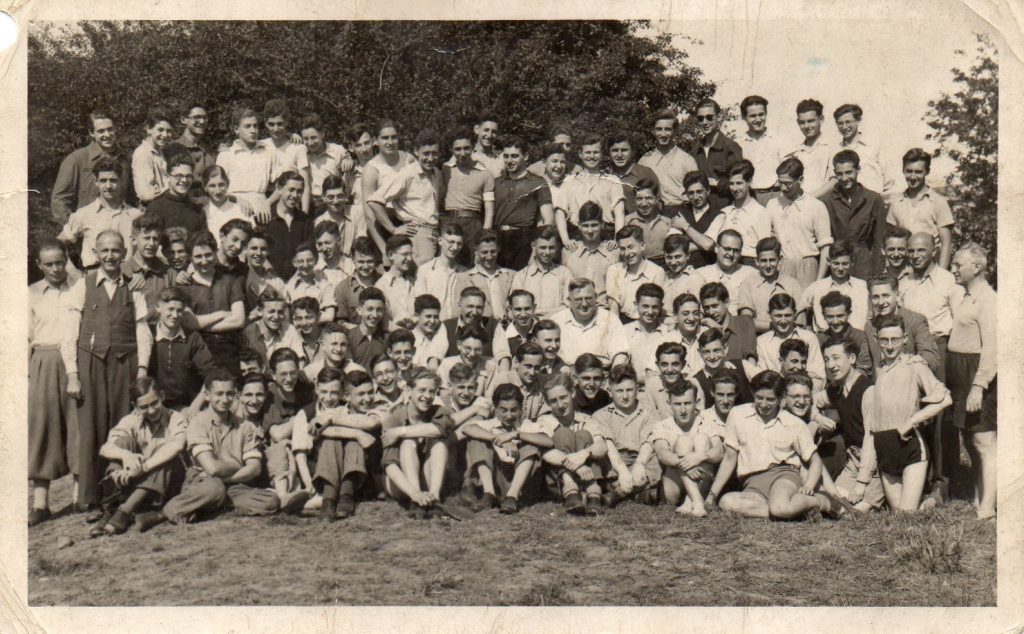Sometimes, the emotional impact of our shared context hits all over again when working in this area – however long one works at it …
One of the most saddening documents I have encountered is a list of Kitchener men’s wives and children – those whom the organisations had still not managed to rescue when war broke out.
I think there were over 600 names on that list.
The pencil marks on the document show the painstaking work of the researcher who found this – who must have worked for a long time to try to discern who was still alive at the end of the war.
The dreadful reality is that few of these women and children survived the Shoah.
Most of us, myself included, will have grown up without grandparents, but seeing a long list of hundreds of children’s names was something else again – reminding us of why this commemoration is so very important.
……………………………….
I was recently doing some more work on our various lists of names that are coming to light in the course of the Kitchener project, one of which was sent in by a Berlin ORT family.

We have had several families get in touch whose relatives were at the ORT. And I gradually realised that a couple of these had also been on HMT Dunera.
One day, just out of curiosity, I started what I assumed would be a fairly quick task – to compare the list of ORT boys’ names we had been given with the National Archives records of who was deported to Australia on the Dunera.
My apologies, but I can’t reproduce the list of names on the website because of data protection issues, given the boys’ years of birth.
Many hours later, I finally looked up – immensely saddened again by what I had learned. That of the 98 names listed for this photograph, almost unbelievably, over 30 of these youngsters were deported on that hellish voyage in summer 1940.
